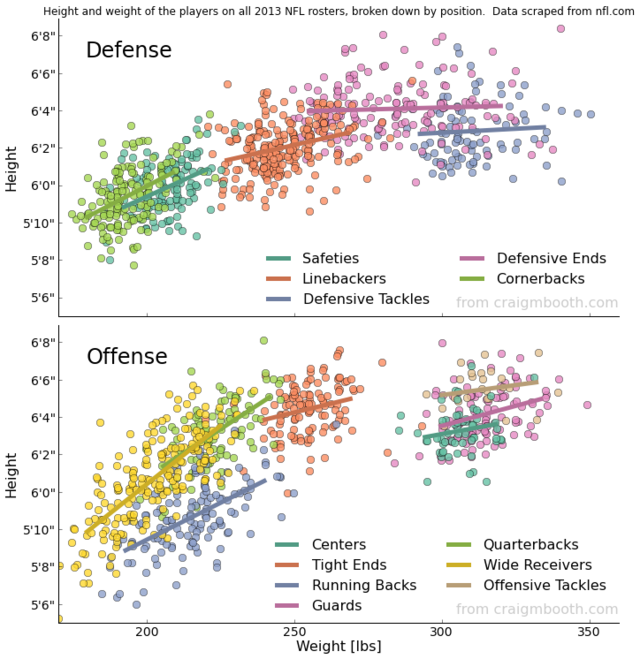A couple academic articles (expect a lot more in the near future):
- Daniel G. Bausch and Lara Schwarz: "Outbreak of Ebola Virus Disease in Guinea: Where Ecology Meets Economy" in PLOS One Neglected Tropical Diseases.
- And highlighted in the comments for the piece above is this one from the CDC's Emerging Infectious Diseases: "Undiagnosed Acute Viral Febrile Illnesses, Sierra Leone"
Maia Majumder is updating excellent charts based on the latest outbreak data: example here.
Kim Yi Donne wrote this almost a month ago now: Why West African governments are struggling in response to Ebola
Tara Smith is one of the best sources for analysis on this outbreak -- you should probably just go ahead and follow her on Twitter too:
- A historical perspective on Ebola response and prevention
- Addressing more Ebola myths
- Are we sure Ebola isn't airborne?
- Ebola is already in the United States
- What it's like to work an Ebola outbreak
On Z-Mapp, the little-tested and completely unproven experimental serum:
- Africans face long wait for unproven Ebola drug" (Jonathan Paye-Layleh for AP)
- "Ebola Drug Could Save a Few Lives. But Whose?" (Andrew Pollack for NYT)
- "Ebola, research ethics, and the ZMapp serum", by Laura Seay for Monkey Cage/ Washington Post
- "Ebola experimental treatment only for the exceptional", which is Kim Yi Donne's response to Laura Seya, also on the Monkey Cage / Washington Post.
Other articles:
- "Can the World Health Organization lead? Do we want it to?" Jeremy Yourde for Monkey Cage/Washington Post
- Dr. Matthew's Passion (on the 2000 Uganda outbreak)
- A profile of Sheikh Umar Khan (BBC)
- "Tracing Ebola's breakout to an African 2-year-old" by Denise Grady and Sheri Fink in the NYT (based in part on this NEJM article)
- "'Don’t Touch the Walls’: Ebola Fears Infect an African Hospital" by Adam Nossiter for NYT
- "My journey back to Ebola ground zero" by Peter Piot (ie, the discoverer of Ebola) in Financial Times. "Nearly 40 years after he was first dispatched to investigate a mysterious new virus, Peter Piot returns to a village – and a people – changed for ever by the advent of Ebola"
- "Why Is Guinea's Ebola Outbreak So Unusual?" Linda Poon for NPR Shots blog
- BBC explores case fatality rates: "Who, What, Why: How many people infected with ebola die?"




